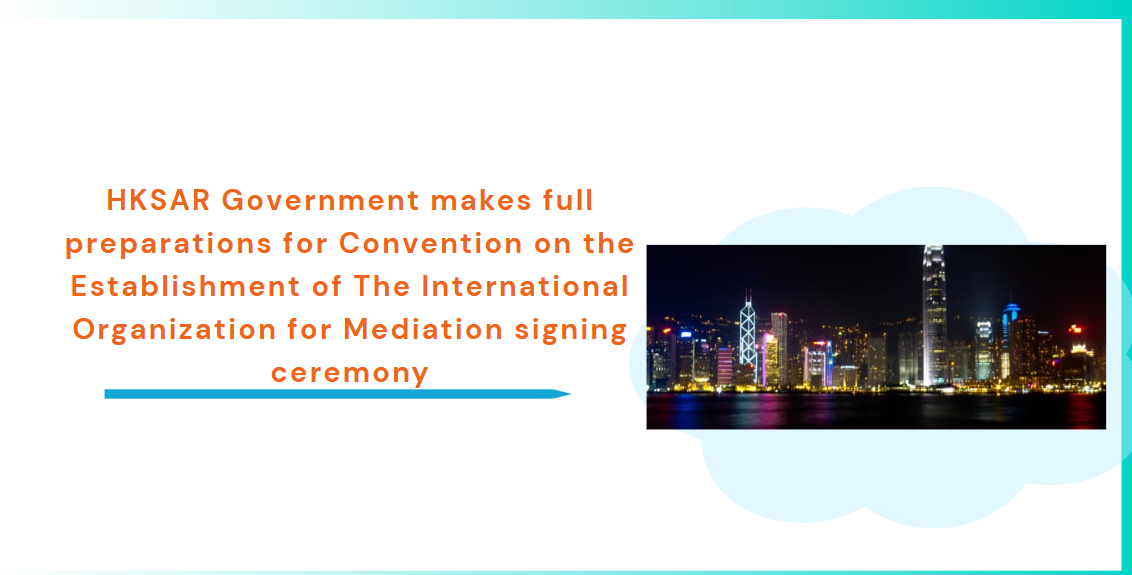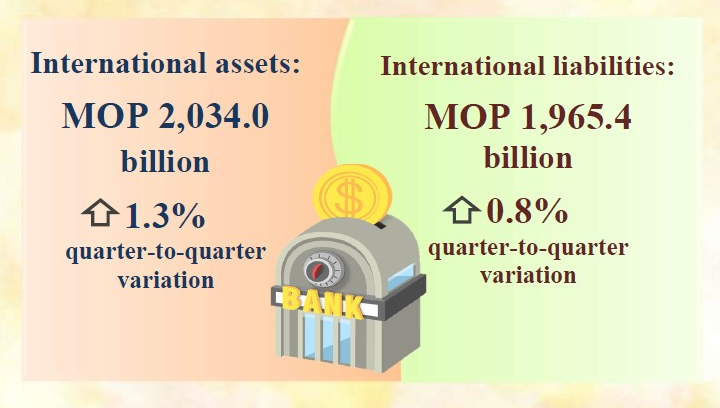Navigating an AI Career: Industry Landscape and China's Dual Gold-Standard Certifications
本文包含AI辅助创作内容
As the wave of digital transformation surges forward, artificial intelligence (AI) has become the lever reshaping industries across the globe. Yet, the shortage of skilled talent continues to hinder innovation. According to LinkedIn’s 2024 Global AI Talent Insight Report, the global shortfall of AI professionals remains above 3 million, with demand in China for AI engineers and algorithm experts growing at an annual rate exceeding 40%. In such a competitive environment, authoritative certifications are more than just entry tickets—they serve as compasses for those aiming to thrive and lead in the AI landscape.
This article spotlights two of China's most recognized AI professional certifications: the Artificial Intelligence Occupational Competency Certification (AIOC) led by the Chinese Association for Artificial Intelligence (CAAI), and the Computer Professional Certification (AI Track) from the China Computer Federation (CCF). We examine their academic underpinnings, technical frameworks, exam mechanics, and real-world applications—offering AI and tech professionals a clear view of how to chart their course in this dynamic industry.
I. The Industry Landscape: Why Certification Matters
Policy Tailwinds Are Steering the Industry Forward
In 2020, China issued its New Generation Artificial Intelligence Development Plan, setting a goal of cultivating over one million high-level AI professionals by 2025.
Regional governments across the country are now tying financial incentives and talent subsidies to recognized AI certifications.
The Value Behind the Certificate
Standardized Assessments: These certifications assess capabilities across the entire AI workflow—from core algorithms to business deployment—reflecting real industry demands.
Employer Confidence: Certification serves as a signal of both technical expertise and hands-on experience.
Blended Learning: Programs integrate theoretical instruction with cloud-based practical training, enabling learners to quickly master industry-standard frameworks and tools.
II. CAAI Artificial Intelligence Occupational Competency Certification (AIOC)
1. Organizational Backbone: Academia Meets Industry
Founded in 1981, CAAI is a 4A-level non-profit organization officially registered with the Ministry of Civil Affairs and a key member of the China Association for Science and Technology. Its expert panel includes academicians from the Chinese Academy of Sciences and professors from top institutions such as Tsinghua and Peking University, providing strong academic and industry support for AIOC.
2. A Triangular Model: University–Enterprise–Association Collaboration
Academic Leadership: Course development is led by the School of Artificial Intelligence & Automation at Huazhong University of Science and Technology.
Platform Development: iFlytek Qiming Technology supports the cloud-based training platform.
Certification Standards: CAAI defines the syllabus and evaluation framework.
3. Four Focus Areas, Three Certification Levels
AIOC offers a three-tier certification (Level 1–3) across four domains: Speech Recognition, Natural Language Processing (NLP), Computer Vision, and Deep Learning. With over 1,000 hours of coursework, the program covers:
Acoustic feature extraction and end-to-end models (CTC, Transformer);
Text generation, sentiment analysis, and NLP pipelines;
Object detection and image segmentation with YOLO and Faster R-CNN;
Distributed training, model compression, and inference acceleration.
4. Registration and Certification Process
Sign Up: Register at AIOC Portal, submit credentials and personal information.
Training: Recommended 120–150 hours of study through a mix of online lectures and cloud labs.
Assessment: Written exam (70%) + cloud-based practical project (30%).
Results: Pass rates are approximately 75% (Level 1), 62% (Level 2), and 48% (Level 3). Certificates can be verified on the official CAAI site.
Pro Tips for Success:
Focus on algorithm and engineering-based questions from past exams.
Use the cloud lab extensively to practice container deployment and resource orchestration for better hands-on proficiency.
5. Case Study: AI-Powered Customer Service in Banking
In 2023, a major state-owned bank implemented an AI customer service system using an AIOC-certified team. Response time improved by 40%, automated ticket classification accuracy reached 92%, and labor costs dropped by over 20%. The system also enhanced early risk warnings and public sentiment monitoring.
III. CCF Computer Professional Certification – AI Track
1. Pyramid-Structured Certification Framework
Launched in 2018, the CCF AI certification features three levels:
A1 (Entry): Basic programming and introductory algorithms;
A2 (Intermediate): Data processing and practical use of machine learning frameworks;
A3 (Advanced): Deep learning theory, model optimization, and distributed deployment.
2. Rigorous Curriculum and Industry Relevance
All exam content is reviewed by the CCF Expert Committee and aligned with China's National AI Talent Development Standards. Exams for A1 and A2 are written and held offline, while A3 includes live coding tests and a thesis defense.
3. How to Prepare and Advance
Registration: Apply via the CCF website, pay fees online.
Study Approach:
For A2: Use Kaggle datasets to complete end-to-end projects.
For A3: Deep dive into GPU parallel programming and framework optimization by studying TensorFlow and PyTorch source code.
Tactical Prep: Break large AI projects into four modules—data collection, feature engineering, model tuning, and deployment/monitoring—to master each component step-by-step.
4. Industry Recognition and Career Progression
More than 120 universities and 300 enterprises in China recognize the CCF AI certification as part of their hiring criteria:
A1→ Algorithm Intern / Data Annotation Specialist
A2→ Algorithm Engineer / Data Scientist
A3→ AI Architect / Tech Lead
Up Next: Cloud AI Certifications
With the AIOC and CCF credentials in hand, you'll have laid a solid technical foundation. But the journey doesn't stop here. In the next installment, we'll explore AI certifications from AWS and Microsoft Azure, and uncover how to implement and scale end-to-end models in the cloud. Stay tuned to unlock the next frontier in your AI career.





















































First, please LoginComment After ~